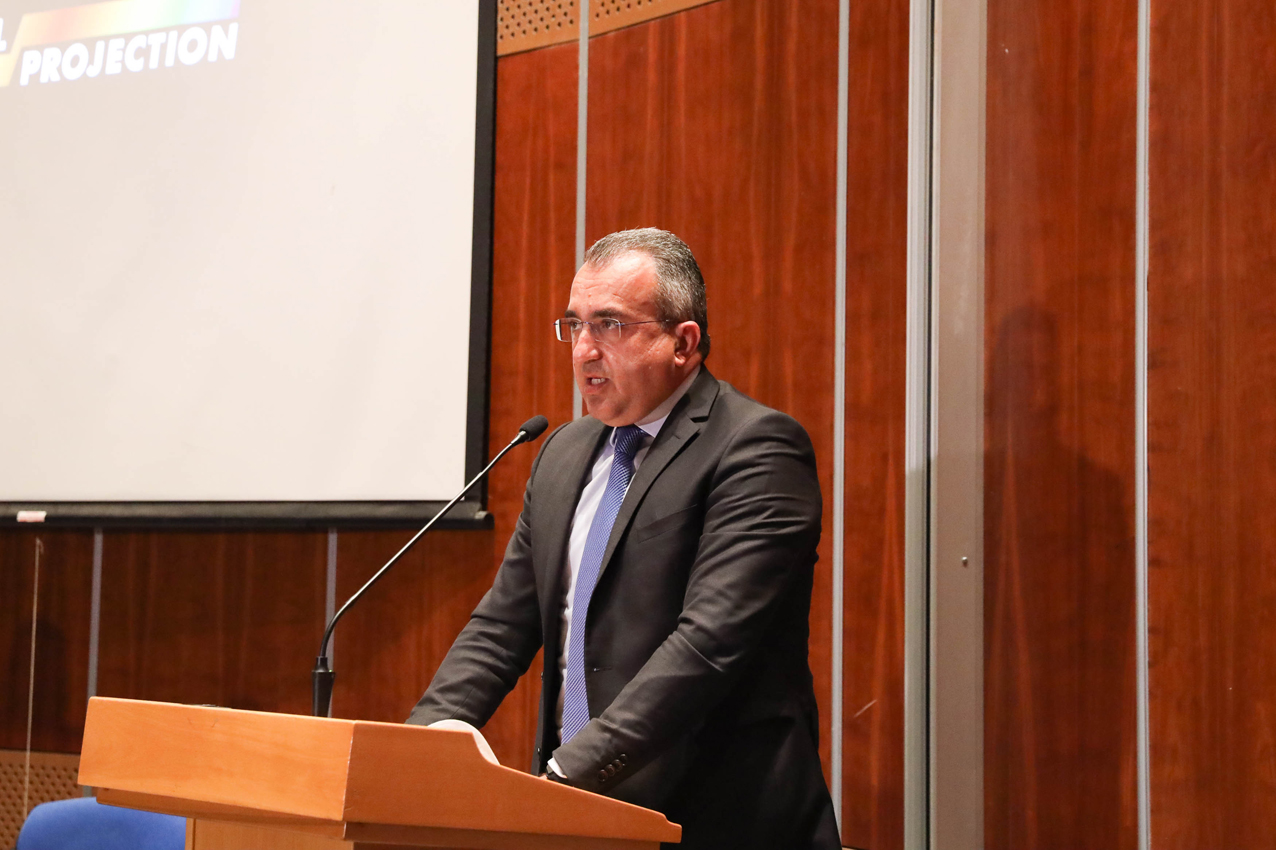Cyprus health minister Michalis Hadjipantela and the government’s scientific advisors will be weighing epidemiological data next week to determine whether some of the COVID-19 measures can be lifted.
Hadjipantela will be meeting with the scientific team handling the coronavirus outbreak early Tuesday morning, shortly before for a cabinet meeting.
The minister told the Cyprus News Agency that daily cases of infections have stabilised, while the number of hospitalisations has been dropping in recent days, adding that any relaxation will depend solely on the scientists’ opinions.
He will be meeting the team at 7.45 am, before heading to the Presidential Palace for the cabinet meeting at 10 am.
Asked about the nature of relaxations, the minister replied, “we do not have anything specific in mind at the moment. The virus has proven unpredictable, so we will have to wait and see the data on new cases, hospitalisations and then we will decide”.
He that currently, “the epidemiological situation in our country is good, however, there is no room for complacency.”
On Monday, leading virologist Dr Petros Karayiannis warned that it was “too early to lift Covid-19 restrictions as although daily cases have stabilised they are still high at around 3,000.”
“While we saw a continuous decline in the previous waves, the current wave showed at least three ups and downs – it dropped to a level, then we went up a little, and last week it went even higher,” he said.
Hospitalisations below 200
According to Financial Mirror data, the number of people in hospitals on Wednesday dropped to 199, below the 200 level for the first time since New Year’s Eve.
“We expect the drop in both cases and hospitalisations to continue, but this is something that we will have to wait and see if our estimates are correct”, Hadjipantela said.
Asked about the high number of coronavirus fatalities in February, the Minister said, “the increase in deaths is a global phenomenon, they concern mainly people who have not been vaccinated. That is why we call on the unvaccinated to come forward for a COVID-19 jab.”
With five more deaths counted on Wednesday, the toll for February rose to 26 and 761 since March 2020.
January was the deadliest month with 96, overtaking the previous record of 80 deaths last August.
Hadjipantela continued to say that the ministry is pleased to see that the country’s vaccination rollout, including booster shots, has not slowed down, noting that some 3,000 vaccinations are being carried out every day.










